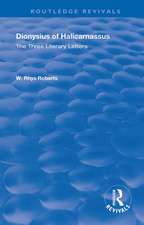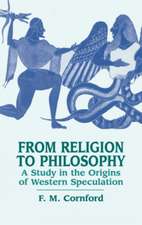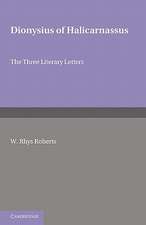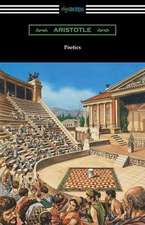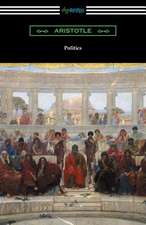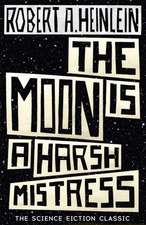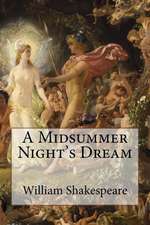Rhetoric
Autor Aristotleen Limba Engleză Paperback – 9 mai 2009
| Toate formatele și edițiile | Preț | Express |
|---|---|---|
| Paperback (7) | 44.94 lei 3-5 săpt. | |
| Dover Publications – 31 aug 2004 | 44.94 lei 3-5 săpt. | |
| – | 51.41 lei 3-5 săpt. | |
| CREATESPACE – | 59.75 lei 3-5 săpt. | |
| – | 59.97 lei 3-5 săpt. | |
| CREATESPACE – | 64.62 lei 3-5 săpt. | |
| A & D Publishing – 9 mai 2009 | 57.67 lei 6-8 săpt. | |
| Simon & Brown – 2 apr 2012 | 131.62 lei 38-44 zile | |
| Hardback (2) | 181.40 lei 6-8 săpt. | |
| COSIMO CLASSICS – 30 iun 2010 | 181.40 lei 6-8 săpt. | |
| – | 186.69 lei 38-44 zile |
Preț: 57.67 lei
Nou
11.04€ • 11.38$ • 9.32£
Carte tipărită la comandă
Livrare economică 01-15 martie
Specificații
ISBN-10: 1604597690
Pagini: 132
Dimensiuni: 152 x 229 x 8 mm
Greutate: 0.2 kg
Editura: A & D Publishing
Locul publicării:United States
Descriere
Focusing on the use of language as both a vehicle and a tool to shape persuasive argument, Aristotle delineates with remarkable insight both practical and aesthetic elements and their proper combination in effective presentation, oral or written. He also emphasizes the effective use of language in achieving precision and clarity of thought.
Textul de pe ultima copertă
One of the seminal works of Western philosophy, Aristotle's Rhetoric vastly influenced all subsequent thought on the subject--philosophical, political, and literary. Focusing on the use of language as both a vehicle and a tool to shape persuasive argument, Aristotle delineates with remarkable insight both practical and aesthetic elements and their proper combination in an effective presentation, oral or written. He also emphasizes the role of language in achieving precision and clarity of thought.
The ancients regarded rhetoric as the crowning intellectual discipline--the synthesis of logical principles and other knowledge attained from years of schooling. Modern readers will find considerable relevance in Aristotelian rhetoric and its focus on developing persuasive tools of argumentation. Aristotle's examinations of how to compose and interpret speeches offer significant insights into the language and style of contemporary communications, from advertisements to news reports and other media.



